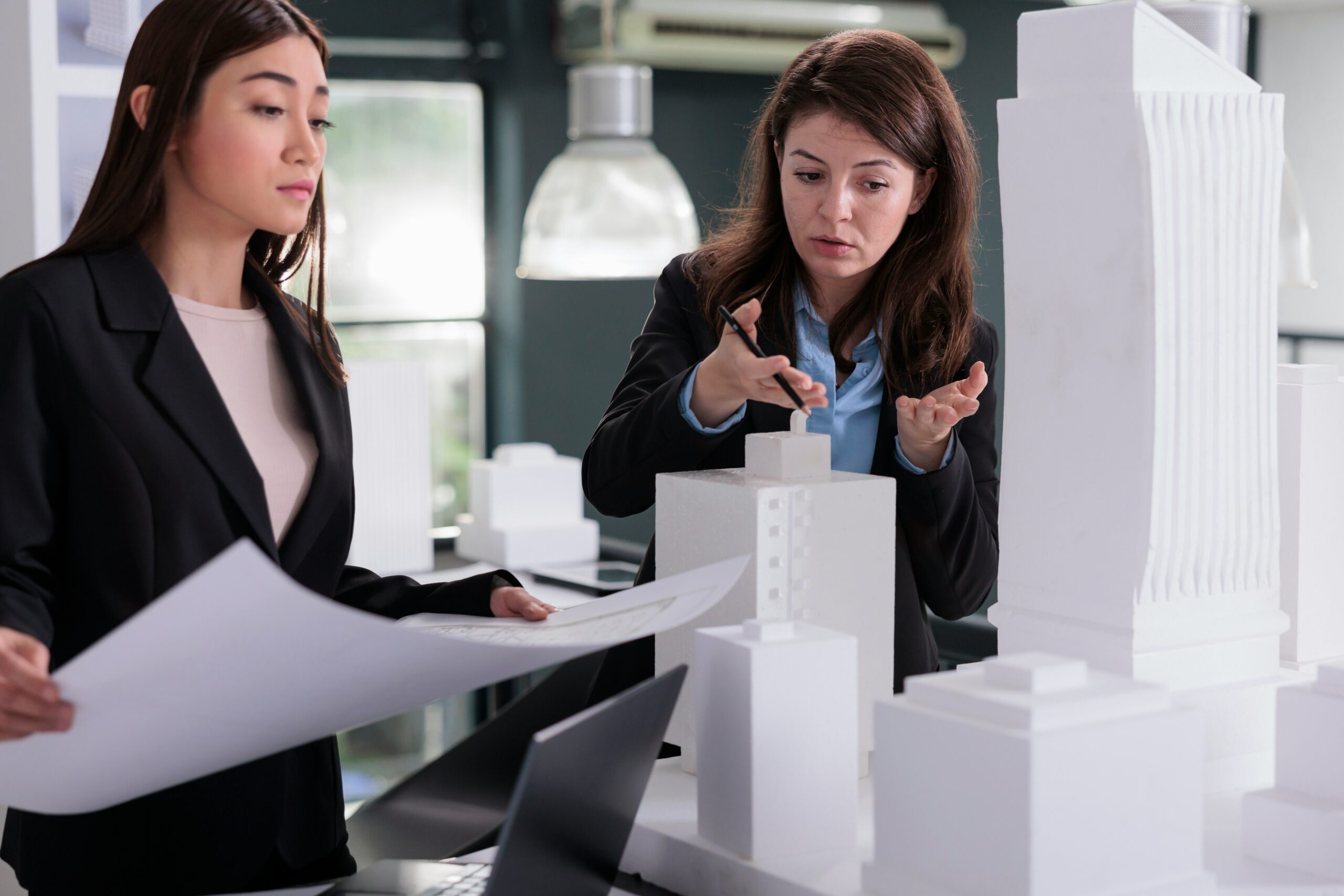
The real estate development industry is transforming significantly as new trends emerge and consumer preferences shift. As urbanization accelerates, technological innovations progress and sustainability becomes a priority, so real estate developers must adapt to stay competitive. The future of real estate development will be shaped by a range of factors, including evolving demographic trends, the rise of smart cities, and increased demand for environmentally conscious building practices. In this dynamic landscape, developers have a unique opportunity to tap into new markets and create developments that meet the needs of tomorrow’s society.
A critical component of this evolution is the growing focus on mixed-use developments. These projects combine residential, commercial, and recreational spaces, offering a more integrated lifestyle for urban dwellers. As cities become more congested, people are looking for convenience and accessibility. By consolidating various aspects of daily life into a single location, mixed-use developments allow people to live, work, and play without requiring long commutes or extensive travel. This model enhances residents’ quality of life and attracts businesses seeking proximity to a vibrant and diverse customer base.
Moreover, mixed-use developments offer an innovative solution to urban sprawl and land scarcity. By repurposing existing urban spaces or redeveloping underutilized areas, developers can reduce the environmental impact of new construction while maximizing the potential of limited land resources. As metropolitan areas continue to grow, these developments are expected to become increasingly popular, offering functional spaces and attractive investment opportunities for real estate developers.
The Rise of Smart Cities
One of the most exciting developments in real estate is the rise of smart cities, which leverage cutting-edge technology to enhance urban living. Smart cities integrate data-driven systems to improve everything from traffic flow to energy efficiency, creating a more sustainable and convenient environment for residents. For real estate developers, the advent of smart cities presents opportunities to design and construct buildings that are technologically advanced and seamlessly connected to their surroundings. These buildings will feature smart infrastructure that allows residents to control everything from lighting and heating to security systems, all through their smartphones or voice-activated devices.
As the demand for innovative technologies increases, developers must stay ahead of the curve by incorporating innovative solutions into their projects. By embracing automation, artificial intelligence, and Internet of Things (IoT) devices, developers can create more efficient buildings attractive to tech-savvy buyers and renters. Additionally, innovative city initiatives will likely lead to new government incentives and partnerships encouraging real estate developers to invest in sustainable technologies and eco-friendly designs. This shift toward more interconnected, data-driven urban environments presents both a challenge and a tremendous opportunity for developers to shape the future of city living.
Sustainability and Green Building Practices
Sustainability has become a cornerstone of modern real estate development, emphasizing eco-friendly practices and energy-efficient buildings. As climate change becomes an increasingly urgent issue, consumers and developers are seeking ways to reduce the environmental impact of construction projects. Green building certifications, such as LEED (Leadership in Energy and Environmental Design), have gained widespread recognition, signaling the importance of environmentally conscious design. By using sustainable materials, optimizing energy usage, and incorporating renewable energy sources, developers can reduce the carbon footprint of their projects while appealing to a more environmentally aware consumer base.
Incorporating green practices into real estate development also makes good business sense. Energy-efficient buildings often lower operating costs, attracting tenants and buyers looking to save on utilities. Additionally, as governments implement stricter environmental regulations, developers who adopt sustainable practices early on will be better positioned to comply with future mandates. Sustainability is not just a trend; it’s quickly becoming an expectation for new real estate developments. As more consumers prioritize environmental responsibility, developers who prioritize green building techniques will contribute to a more sustainable future and benefit from the growing demand for eco-conscious living spaces.
Urban Resilience and Adapting to Climate Change
As climate change continues to pose a threat to urban areas, the concept of urban resilience is gaining traction in the real estate development field. Urban resilience refers to the ability of a city or community to anticipate, prepare for, and respond to environmental challenges, such as extreme weather events, rising sea levels, and natural disasters. For real estate developers, this means designing buildings and infrastructure that can withstand these challenges while minimizing environmental impact.
To achieve urban resilience, developers must incorporate climate-adaptive features into their projects. This could include using flood-resistant materials, incorporating green roofs to manage stormwater, or designing buildings with passive heating and cooling systems. Furthermore, developers must collaborate with city planners and governments to ensure their projects contribute to a more resilient urban landscape. The growing demand for climate-conscious developments presents a unique opportunity for developers to create cities that can thrive in a changing climate.
The future of real estate development is bright, filled with opportunities for those willing to embrace innovation and adapt to evolving market demands. Trends such as mixed-use developments, smart cities, sustainability, and technology integration will continue to shape the industry in the coming years. By staying ahead of these trends and incorporating them into their projects, real estate developers can position themselves for success in an increasingly competitive and dynamic market. The opportunities are vast, and the future of real estate holds the potential for creating more sustainable, efficient, and connected communities that will benefit developers and residents alike.